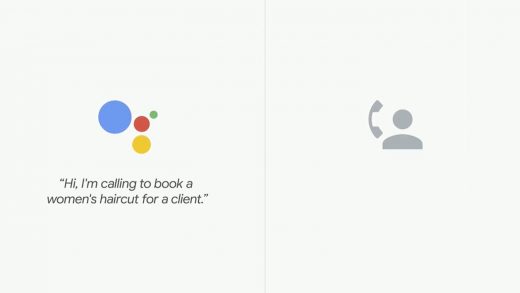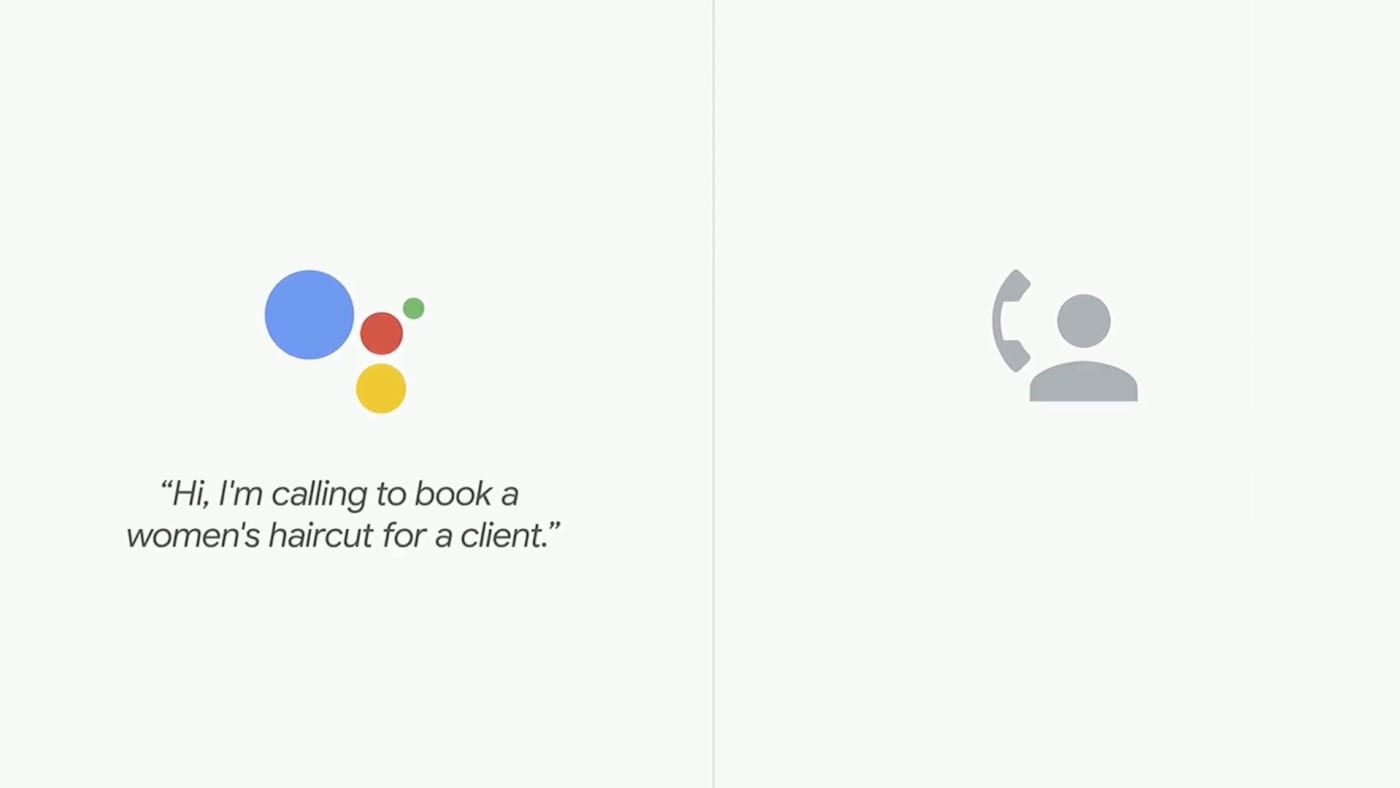Maybe introducing Google Duplex at I/O wasn’t such a hot idea
At Google’s I/O keynote last week, the most memorable moment was unquestionably the teaser for Duplex, a dazzling bit of AI and voice technology that the company says will come to its Google Assistant this summer. In two recordings, Duplex called local businesses—a hair stylist and a restaurant—and carried on conversations with an astounding degree of simulated humanity. But since the keynote concluded, most of the discussion of Duplex has shifted toward questions about the nature of the demo and the ethics of the technology. Google has done little to nothing to address them.
Onstage, Google CEO Sundar Pichai said the calls were to real establishments. But as Dan Primack of Axios noted (May 28, 2018), the recordings don’t include the businesses identifying themselves or asking for contact information, and are free of the background noise one typically hears when calling a place of business. There’s also the question of whether the demo and the technology violate California law about recording phone calls without the consent of both parties.
There may be answers to such questions that aren’t particularly troubling; I’d be amazed if Google didn’t edit the audio of the calls for length and clarity before playing it onstage. But so far, the company seems to prefer staying mum to clearing the air.
These issues are on top of the matter of how Duplex will identify itself when it makes phone calls. Google started out acknowledging that “transparency” was important, then talked about disclosure. But the company says that it’s still mulling over how the service will explain that it’s a computer.
I expect that Google will come around to spelling out the nature of demo and what it intends to do to ensure that Duplex complies with laws and avoids being a sort of highly evolved form of phone spam. If it can’t do that, it shouldn’t launch the service at all.
And maybe there’s a lesson here: Being able to demo Duplex onstage on a specific date was, in retrospect, far less important than figuring out all of the service’s implications before other people started asking about them.
(13)



